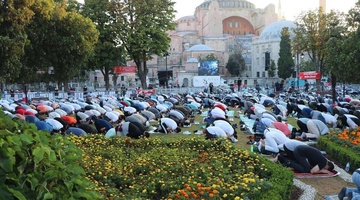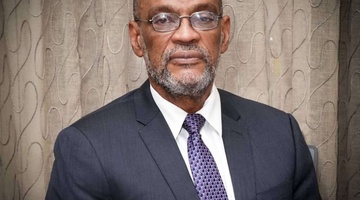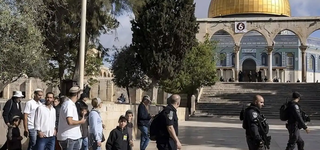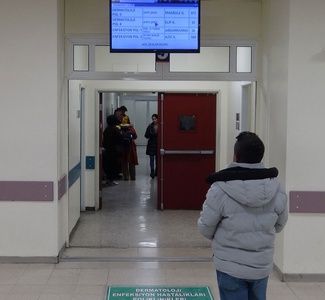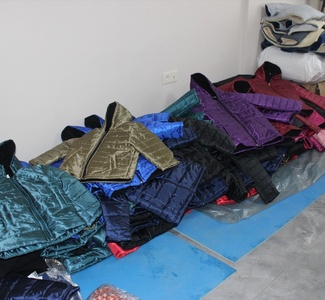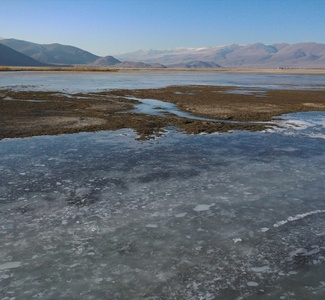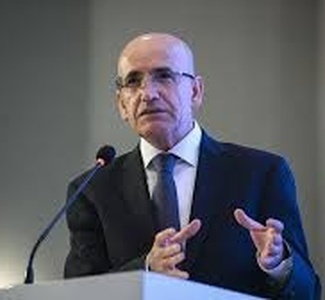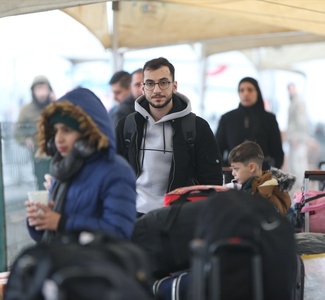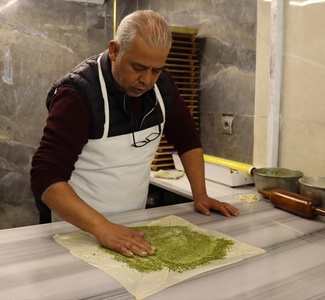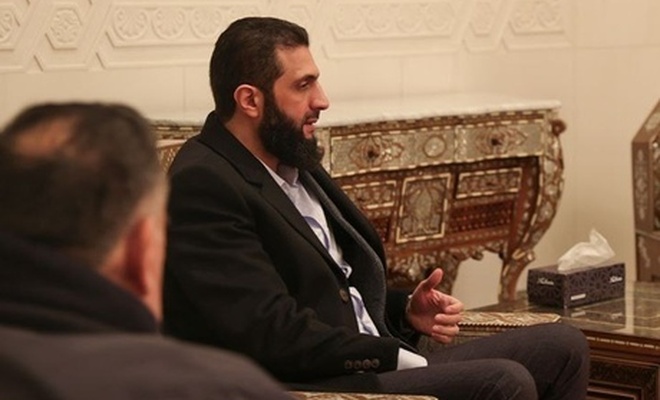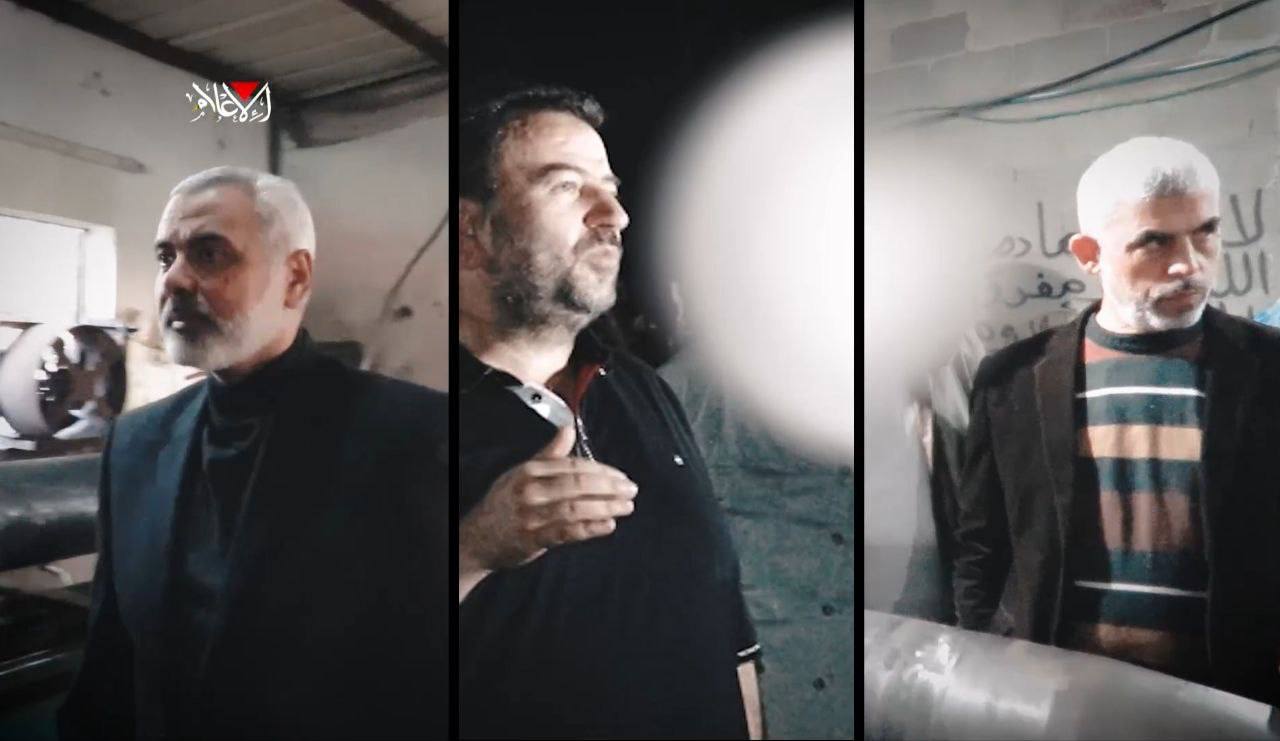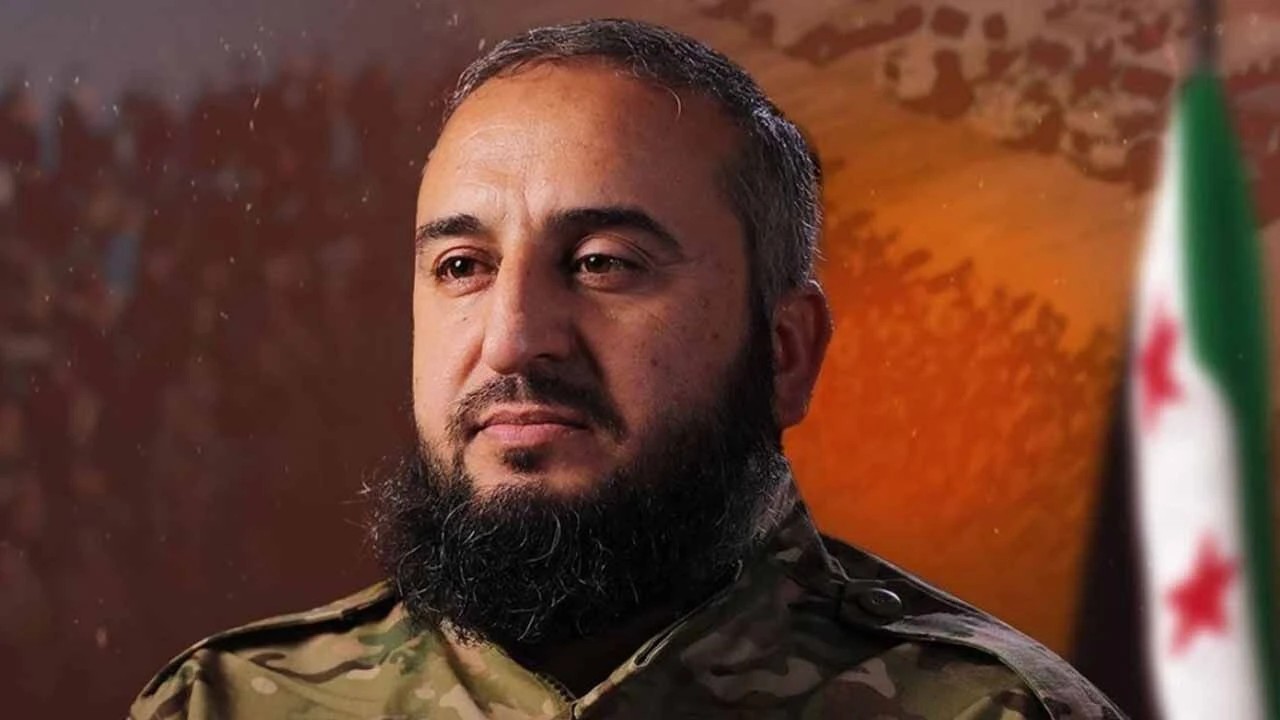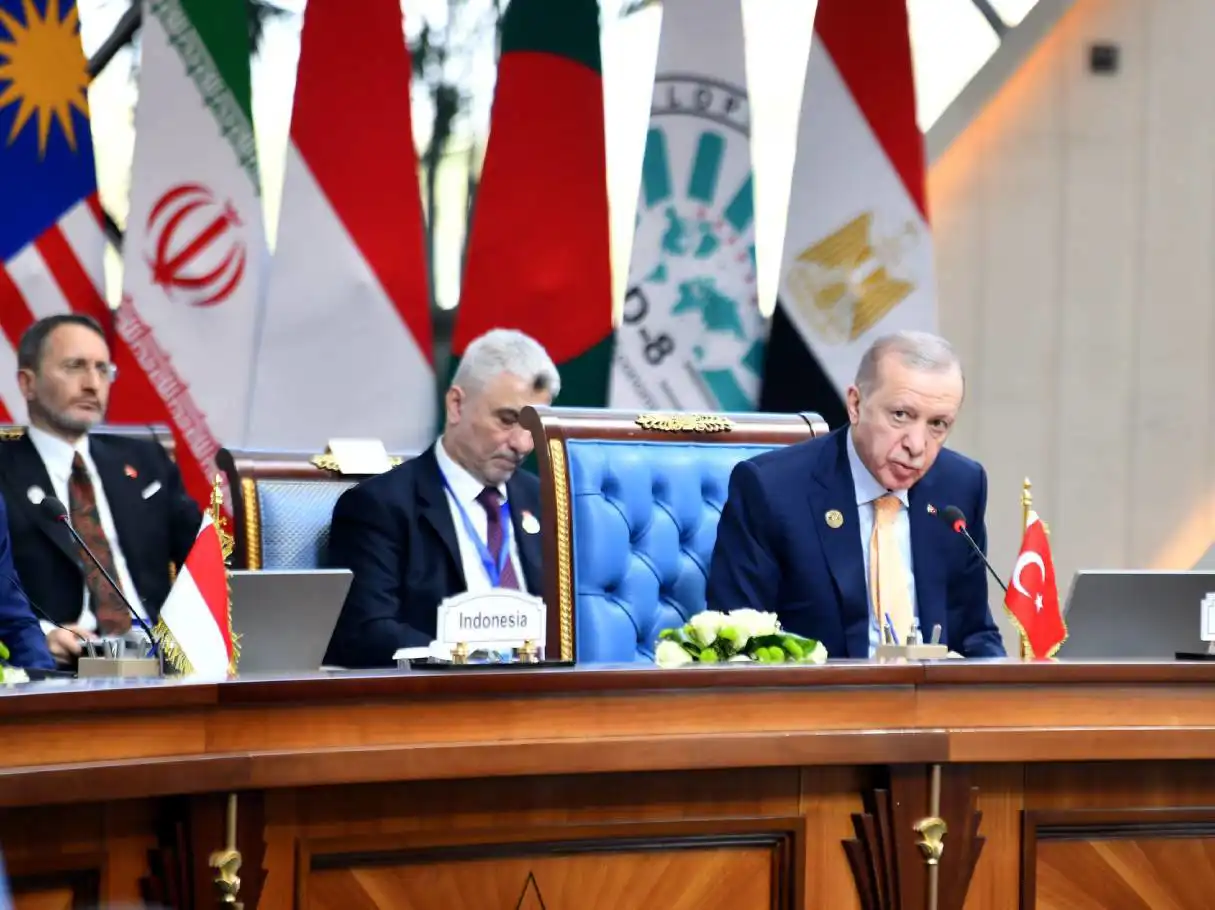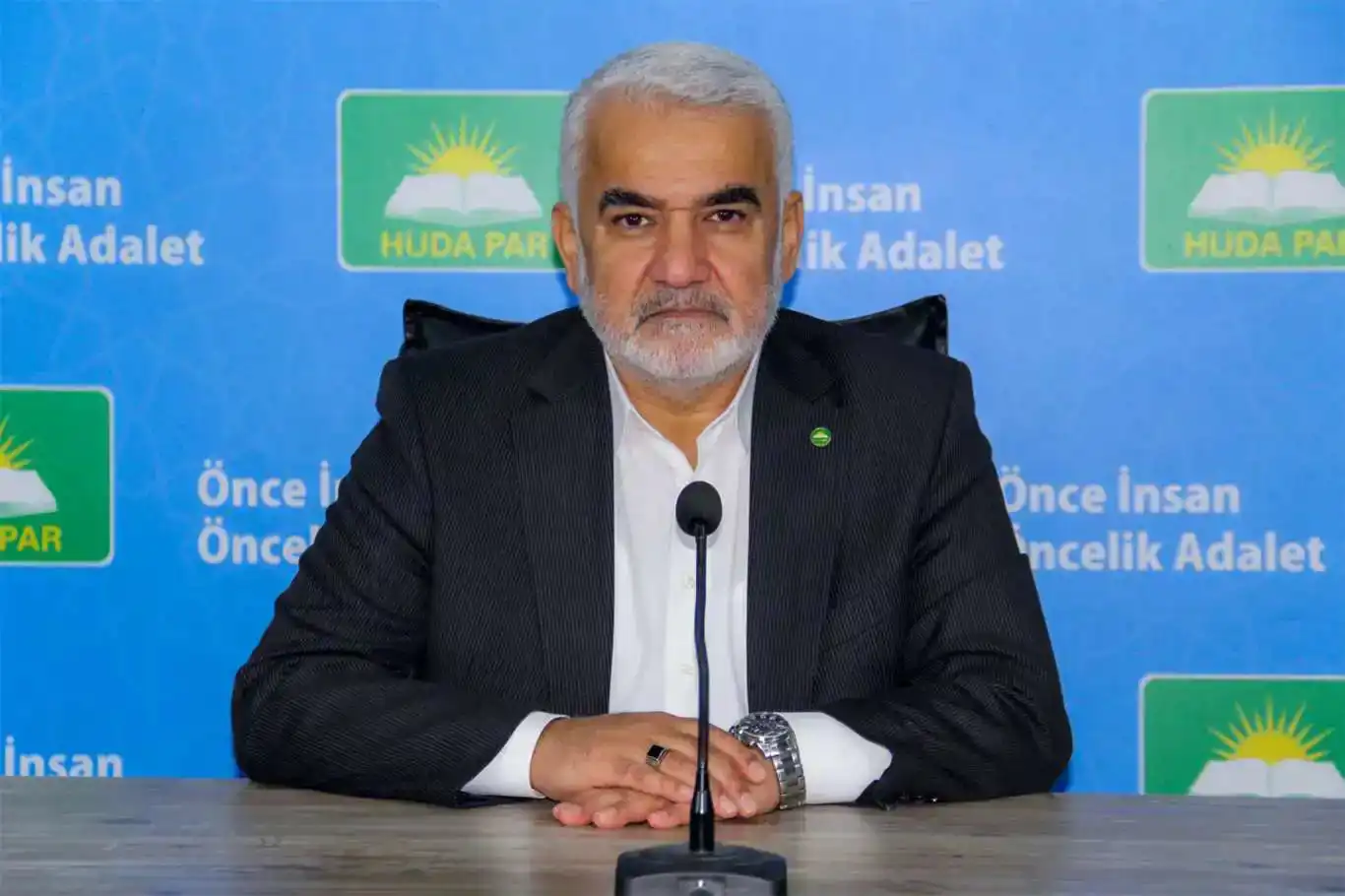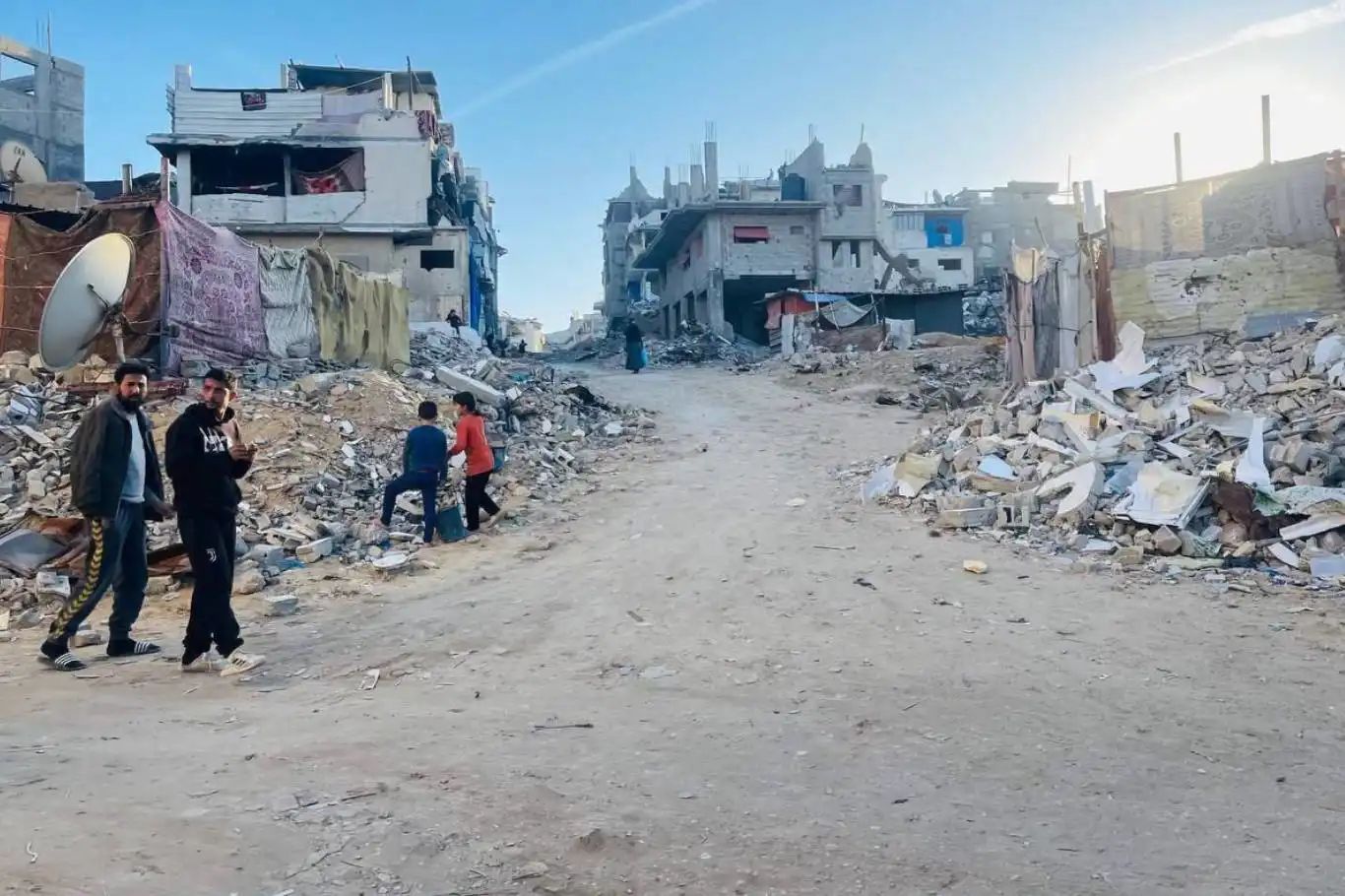Leader of Hizbullah Jama’ah Edip Gümüş releases a message on Eid Al Adha
The leader of Hizbullah Jama’ah Edip Gümüş has released a written message on the occasion of Eid Al Adha, an Islamic festival to commemorate the willingness of Prophet Ibrahim to follow Allah's command to sacrifice his son.
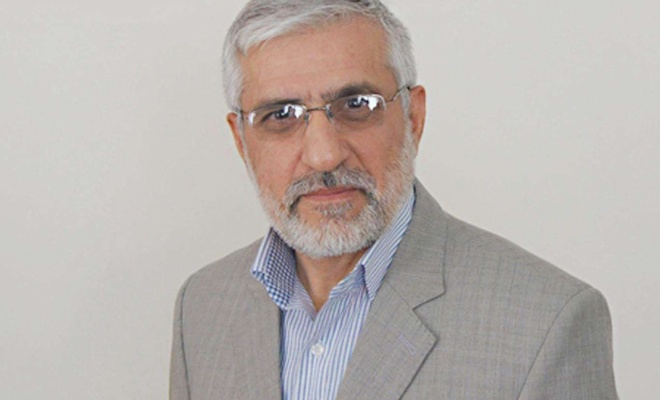
 Google News'te Doğruhaber'e abone olun.
Google News'te Doğruhaber'e abone olun. At the beginning of his message, Gümüş quoted an ayah from Holy Qur’an that says: “Say: 'Surely my Prayer, all my acts of worship, and my living and my dying are for Allah alone, the Lord of the whole universe. He has no associate. Thus, have I been bidden, and I am the foremost of those who submit themselves (to Allah).”
In his message, Gümüş advised young people to serve Islam with all might and mean and to read books, especially the Holy Qur'an as well as the works of Islamic scholars on the life and teachings of Prophet Muhammed (PBUH).
Touching upon the ongoing troubles in the Islamic world, Gümüş urged Islamic administrators, members of the Islamic organization, and all Muslims to think seriously about the causes of the current calamities.
“The biggest problem of the Ummah and the most important reason for both the material and spiritual troubles that it is experiencing is the confusion, strife, and disorganization it is in. In this respect, the most urgent solution to the problems that we have been experiencing is to establish the unity of Muslims and the law of brotherhood among us again. For this reason, we talk about unity and brotherhood with every means and insistence,” Gümüş said.
Gümüş continued his remarks as follows: “We remind all Muslims, especially the administrators who have Islamic sensitivity: Our Lord has made us brothers. We have no choice but to fulfill the necessity of this and to establish unity. Therefore, the administrators of all Islamic organizations should act with this awareness and take the lead in taking steps in this direction.”
At the end of his message, Gümüş once again congratulated Muslims on Eid al Adha, praying for all those who had been away from their family and friends due to emigration, captivity, or illness to spend the following eids with their loved ones. (ILKHA)




























